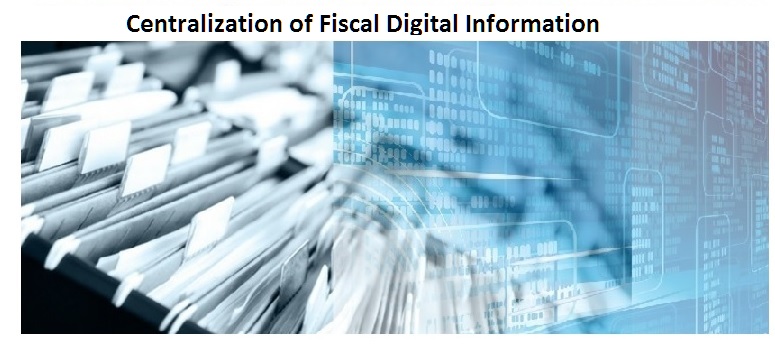How Digital Tax Transformation Can Shake Your Business
February 8, 2019 at 5:12 pm,
No comments

"Digital disruption", a term so fashionable today, can be understood as the process of optimizing functions through technology, with the goal of improving efficiency and reducing costs.
A study conducted by KPMG entitled "Fiscal Digitization: Latin America Leads to Change" showed that this digitization movement is more than present in the Brazilian tax area, enabling companies to monitor legal changes and the prior evaluation of Treasury actions before data delivery.
On the other hand - on the other side of the IRS desk - Robotization of Processes, Data & Analytics, Machine Learning and Internet of Things are examples of digital megatrends in which the Government has invested to organize its universe of tax requirements in search of an analysis of more assertive data.
In this way, the Public Digital Bookkeeping System (SPED) becomes more mature every year in demanding information about company transactions at different times, including instantaneously, as in closing moments.
As a result of this investment made by the Government, the application of fines for inconsistent information presented by companies has increased.

Between 2013 and 2106, according to official data, there was a jump of 48.67% in the amount of assessments when compared to the period from 2009 to 2012 (R $ 596 billion against R $ 382 billion).
According to the Federal Revenue Service, 97% of the infraction notices are automatically generated by the supervisory systems.
Most of the managers of organizations in Brazil are aware of this great movement of digital transformation and that this requires strategic contributions in technologies, since in relation to the tax system, Brazil presents one of the most complex scenarios in the world.
They are three levels in the public hierarchy (federal, state and municipal) and several tributes governed by rules that change frequently according to the legislations.
How to be up to date with the requirements and take advantage of the tax benefits?
Digital disruption is, therefore, a no-go path, so that in order to meet obligations and guarantee tax benefits, companies will need to have technological innovations, such as the most effective use of Automation and Data & Analytics.
In addition to the use of disruptive technologies, there is also a need for tax and tax professionals with knowledge in systems, strategy, data analysis, robotization of processes, etc.
The mission of these experts is to, through efficient analysis, identify credit opportunities and reduce tax costs.
For 23 years, United Systems has tracked the pace of changes in Brazil's tax and tax systems, advising companies wishing to keep up with the Treasury and guarantee their tax benefits.

Our company already has innovative technology and personnel experienced and prepared for the reality of disruptive innovations.
